Funding Toolkit » Formula Grants » Community Development Block Grant (CDBG)
Overview
The CDBG program works to ensure decent affordable housing, to provide services to the most vulnerable in our communities, and to create jobs through the expansion and retention of businesses.
HUD determines the amount of each grant by using a formula comprised of several measures of community need, including the extent of poverty, population, housing overcrowding, age of housing, and population growth lag in relationship to other metropolitan areas.
CDBG funds in two communities: entitlement (bigger cities and urban areas) and non-entitlement communities. Non-entitlement funding is overseen by the state. 70 percent of CDBG funds go to entitlement communities and 30 percent to non-entitlement communities. Funding decisions are made at the local level. Organizations interested in receiving CDBG funding—entitlement or non- entitlement—must apply to their local government agency.
HUD also oversees the Community Development Block Grant Disaster Recovery Program (CDBG-DR). CDBG-DR funds are flexible grants to cities, counties, and states recovering from Presidentially-declared disasters. HUD then issues a notice in the Federal Register that serves as regulations for states and communities receiving funds.
Match Requirements
States may use up to a maximum of 3 percent of their CDBG allocations for administrative costs. Amounts expended on administration exceeding $100,000 must be matched.
Potential Uses
According to Chapter 2 of HUD’s Guide to National Objectives and Eligible Activities for State CDBG Programs, legal services are an eligible use of CDBG funds: “Legal services (including walk-in legal counseling, foreclosure mitigation and prevention, landlord/tenant matters, veteran and public benefit appeals, child support orders, reasonable accommodations for persons with disabilities, and consumer protection).”
In Chapter 2’s discussion of categories of eligible activities and situations in which public services activities carried out by nonprofits can exceed limits placed on public services expenditures (e.g., the 15% cap), the CDBG Guide explains that one of those situations includes legal services: “Any services provided by a nonprofit development group that are specifically designed to increase economic opportunities through job training and placement and other employment support services (for example,…legal services to secure or retain employment…)” (p. 54).
CDBG can also be used for the “acquisition (including long term leases for periods of 15 years or more), construction, rehabilitation (including removal of architectural barriers to accessibility), or installation.” With few exceptions, pubic facilities and improvements are intended to benefit all residents in an area. To qualify, “they [the grantee] must serve an area having a sufficiently high percentage of L/M income persons.”
Following a disaster declaration, Congress may appropriate CDBG Disaster Recovery (CDBG-DR) funding. Similar to CDBG, grantees must use at least 70 percent of their CDBG-DR to benefit low and moderate income households. CDBG regulations apply, unless they are modified in the Federal Register. Unlike CDBG, CDBG-DR allows states to use waivers and alternative requirements to best direct the funds for disaster relief.
CFDA
14.218
Administering Federal Agency
U.S. Department of Housing and Urban Development (HUD), Office of Community Planning and Development
Find Your State/Local Administrator
To find your CDBG administrator go here and check “CDBG” under “Programs”.
Amount of Available Funding
To find contact information, report, awards, jurisdiction, and other data for organizations that receive HUD funding, including CDBG, go here.
More Information
To find examples of courts and/or their justice partners receiving these funds, click on the PDF.
Formula Grants
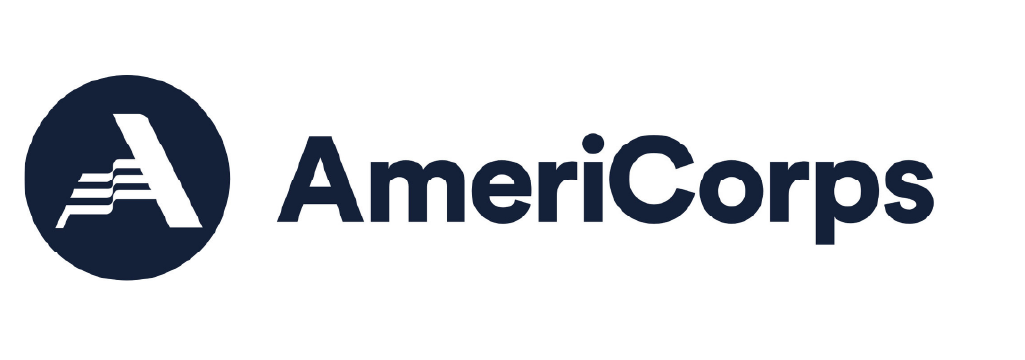
AmeriCorps State and National Grants
AmeriCorps provides grants to a broad range of local and national organizations and agencies committed to using service to address compelling community issues.

AmeriCorps VISTA
AmeriCorps VISTA program is guided by four core principles: anti-poverty, community engagement, capacity building, and sustainable solutions.
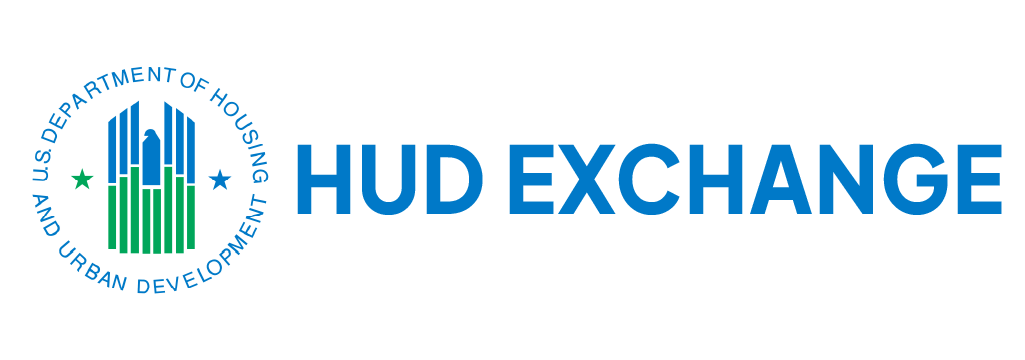
Community Development Block Grant (CDBG)
The CDBG program works to ensure decent affordable housing, to provide services to the most vulnerable in our communities, and to create jobs through the expansion and retention of businesses.
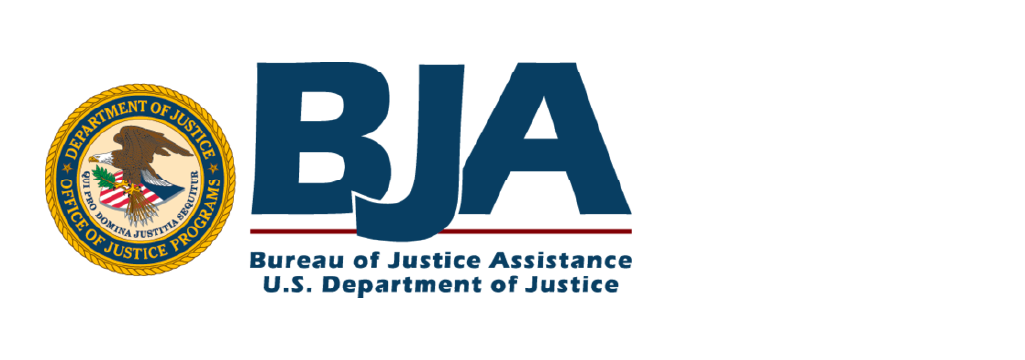
Edward Byrne Memorial Justice Assistance Grant (JAG)
JAG funds awarded to a state or local may be used to support a range of program areas, including law enforcement, prosecution, indigent defense, courts, crime prevention and education…
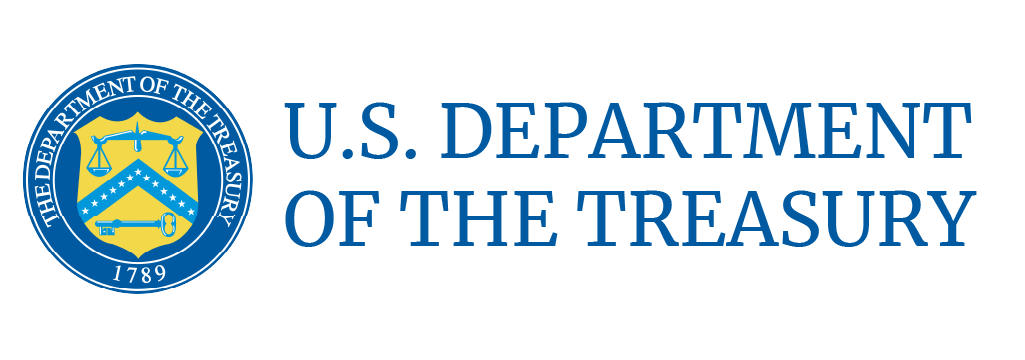
Emergency Rental Assistance Program (ERAP)
The American Rescue Plan Act built upon the ERAP, is set to reduce evictions by providing an additional $21.6 B in emergency rental assistance for low-income renters who have lost income…

Emergency Solutions Grants (ESG) Program
The Emergency Solutions Grants Program focuses on assisting people to quickly regain stability in permanent housing after experiencing a housing crisis and/or homelessness.
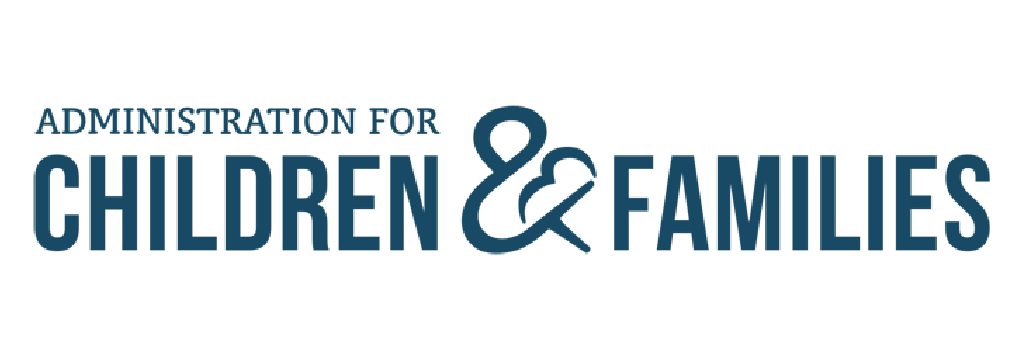
Family Violence Prevention and Services Formula Grants (FVPSA)
The Family Violence Prevention and Services formula grants to states and territories fund more than 1,600 local public, private, nonprofit and faith-based organizations and programs demonstrating…

Homeowner Assistance Fund (HAF)
The HAF is for the purpose of preventing homeowner mortgage delinquencies, defaults, foreclosures, loss of utilities or home energy services, and displacements of homeowners experiencing financing hardship due to…

State and Local Fiscal Recovery Funds (FRF)
FRF is the largest and most flexible source of American Rescue Plan Act funds to help states, counties, cities and Tribal governments cover increased expenditures, replenish lost revenue…
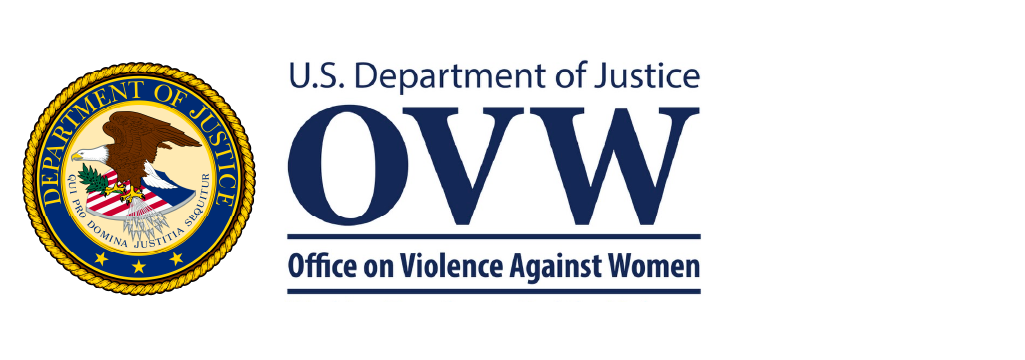
STOP (Services, Training, Officers, and Prosecutors) Violence Against Women Formula Grant
STOP (Services, Training, Officers, and Prosecutors) Violence Against Women Formula Grants are awarded to states to develop and strengthen the criminal justice system’s response…

Title IV-B – State Court Improvement Program (CIP)
The State Court Improvement Program is for children and families who need assistance in order to keep their families together.

Title IV-D – Child Support and Establishment of Paternity
The child support program serves over 17 million children, and provides information to pro se parents helping ensure that parents understand the child support process, know what to expect…

Title IV-E – Federal Payments for Foster Care and Adoption Assistance
The Federal Foster Care Program helps to provide safe and stable out-of-home care for children until the children are safely returned home, placed permanently with adoptive families…

Victims of Crime Act (VOCA) Victim Assistance Formula Grants
VOCA provides funding to groups and direct services for victims, such as domestic violence shelters, legal support, faith-based organizations, and child abuse organizations.

